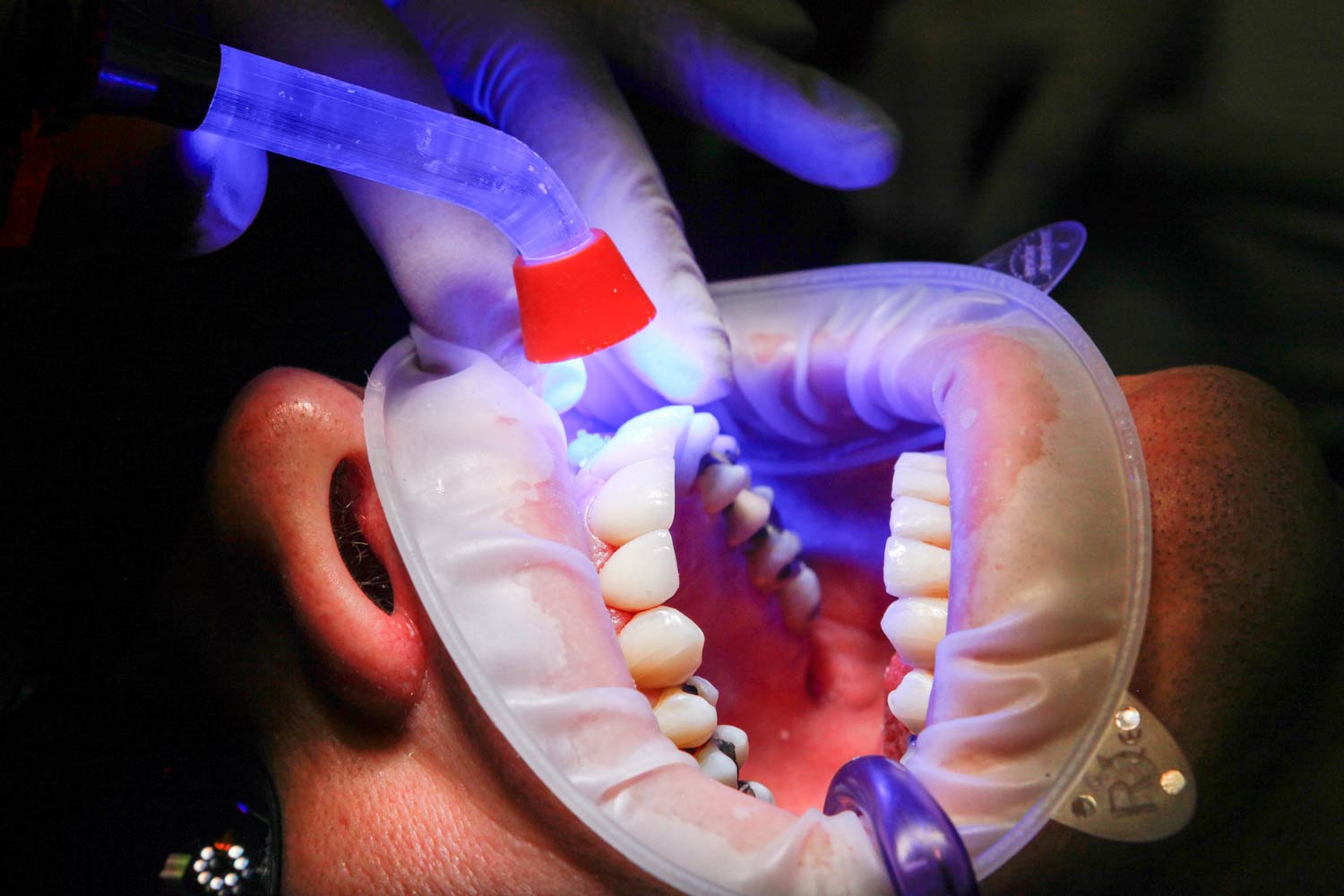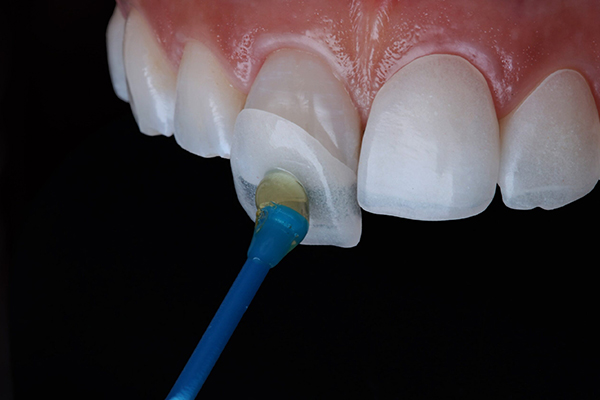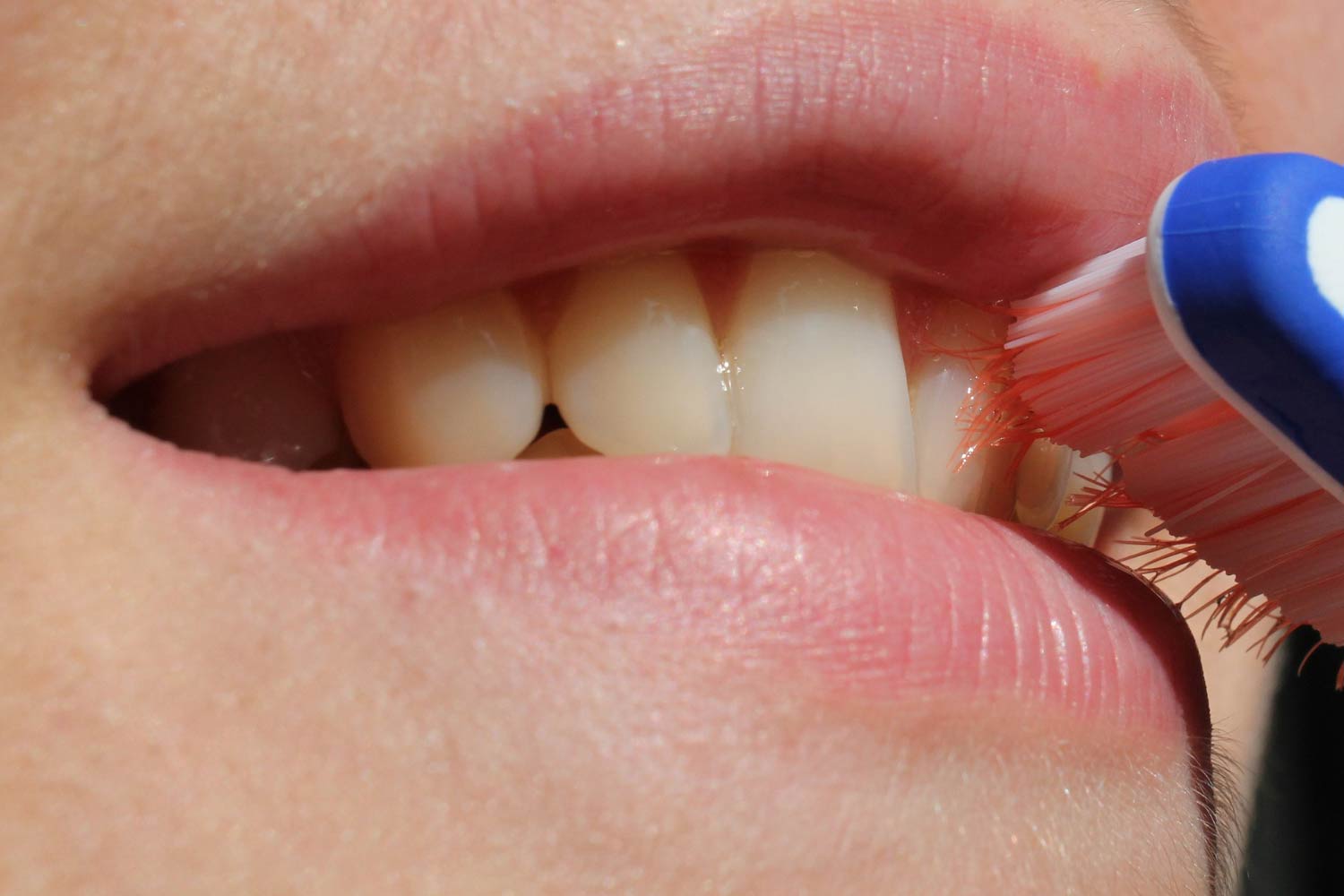What is dental tartar?
Dental tartar is a hard layer that accumulates on the teeth. It consists mainly of calcified dental plaque (layers on the teeth). This dental plaque accumulates during the day and is in a soft state. The problem arises when these soft layers accumulate for a longer period of time. Over time, they undergo calcification (minerals from saliva, i.e. gingival fluid), and dental plaque turns into dental tartar. This means that every time you skip brushing your teeth and postpone it, you are exposed to a potential risk of dental plaque formation and then dental tartar.
Consequences of dental tartar?
Dental tartar is a direct culprit for periodontal disease in patients. The accumulation of soft dental deposits causes inflammation of the gums - gingivitis in the first phase. Inflammation of the gums that is not properly treated and calcification of soft deposits inevitably leads to periodontopathic.
We recommend regular visits to the dentist every 6 months. You don’t need to have a loose tooth or pain to go for a preventive check-up.



